Stelara, known by its generic name Ustekinumab, is a prescription medication used in the treatment of certain autoimmune diseases, primarily plaque psoriasis, psoriatic arthritis, and Crohn’s disease. It is a monoclonal antibody that targets specific proteins in the immune system to reduce inflammation and control symptoms associated with these conditions. Here is a detailed description of Stelara (Ustekinumab):
1. Mechanism of Action:
- Interleukin Inhibition: Ustekinumab targets and inhibits the activity of two proinflammatory cytokines in the immune system, interleukin-12 (IL-12) and interleukin-23 (IL-23). These cytokines play a role in promoting inflammation and immune responses. By blocking IL-12 and IL-23, Stelara helps regulate the immune system and reduce inflammation.
2. Indications:
- Plaque Psoriasis: Stelara is indicated for the treatment of moderate to severe plaque psoriasis in adults and pediatric patients aged 6 years and older.
- Psoriatic Arthritis: It is also approved for the treatment of active psoriatic arthritis in adults.
- Crohn’s Disease: Ustekinumab is indicated for the treatment of moderately to severely active Crohn’s disease in adults who have not responded well to conventional therapies.
3. Administration:
- Subcutaneous Injection: Stelara is administered by subcutaneous injection. The frequency and dosage of injections depend on the specific condition being treated and the patient’s response to therapy. In some cases, the first dose may require administration in a healthcare setting, while subsequent doses may be administered by the patient at home.
4. Effectiveness:
- Clinical studies have demonstrated that Stelara can be highly effective in reducing the symptoms and severity of plaque psoriasis, improving joint symptoms and function in psoriatic arthritis, and inducing and maintaining remission in Crohn’s disease.
5. Safety Profile:
- As with any medication, Stelara may have potential side effects. Common side effects can include upper respiratory tract infections, headache, and injection site reactions. Serious side effects, such as increased risk of infections and certain cancers, can occur but are less common. Patients should discuss potential side effects and any concerns with their healthcare providers.
6. Monitoring:
- Patients receiving Ustekinumab will require regular monitoring of their disease activity, laboratory tests, and overall health to assess the response to treatment and detect any potential side effects.
7. Contraindications:
- Stelara is generally not recommended for individuals with known hypersensitivity to the drug or its components.
Stelara (Ustekinumab) offers a valuable treatment option for individuals with plaque psoriasis, psoriatic arthritis, and Crohn’s disease, which are autoimmune conditions characterized by chronic inflammation. By targeting specific immune proteins, it aims to control symptoms, improve quality of life, and reduce disease activity. Patients should work closely with their healthcare providers to determine if Stelara is an appropriate treatment option for their specific condition and needs.

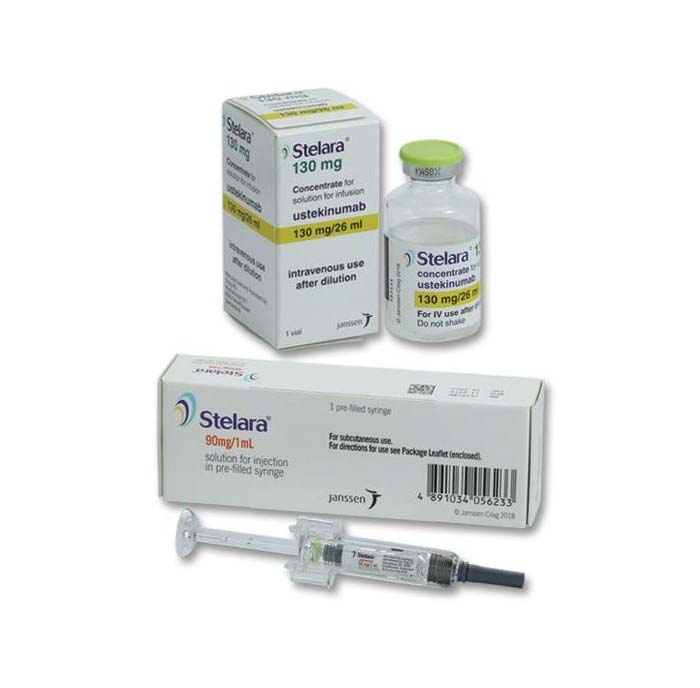
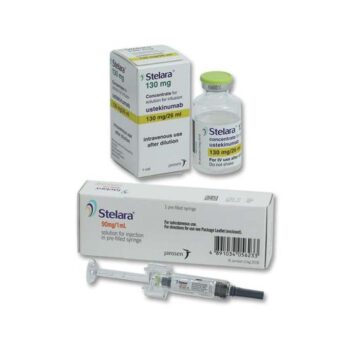

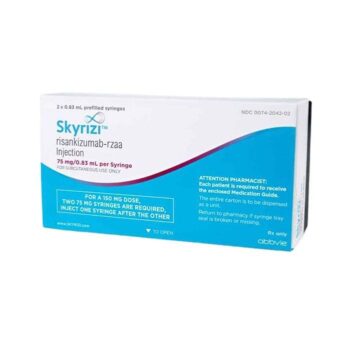
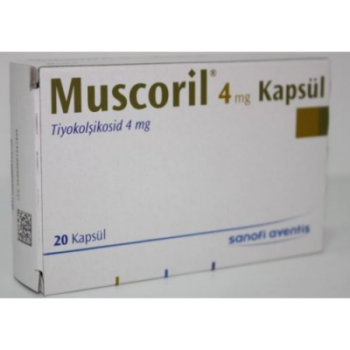
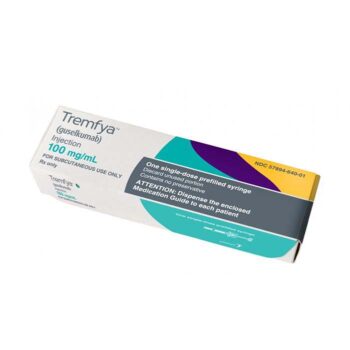
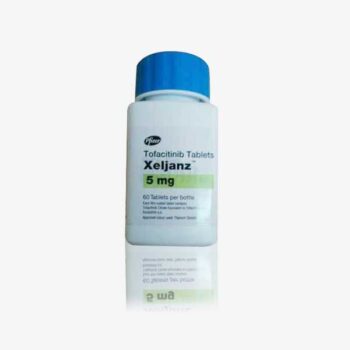
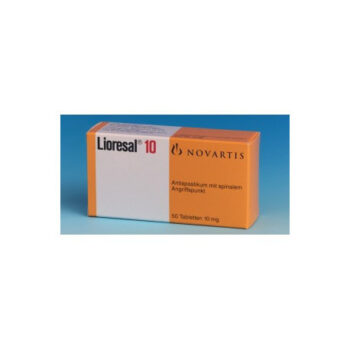


Reviews
There are no reviews yet.